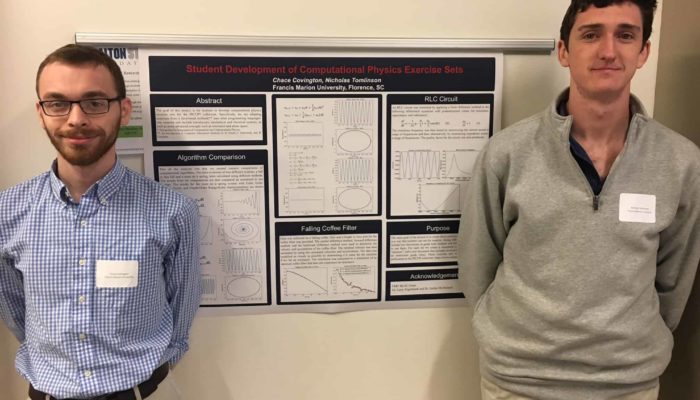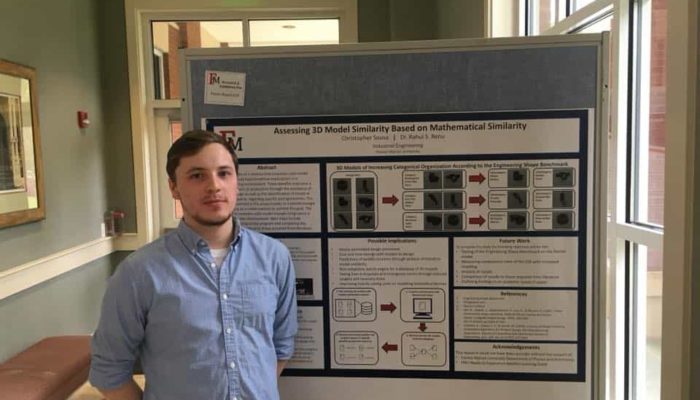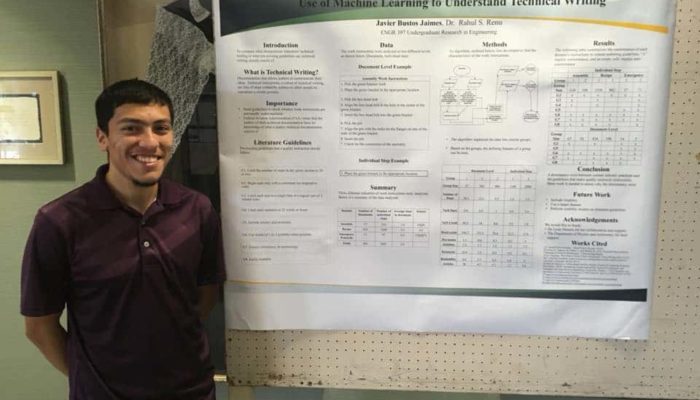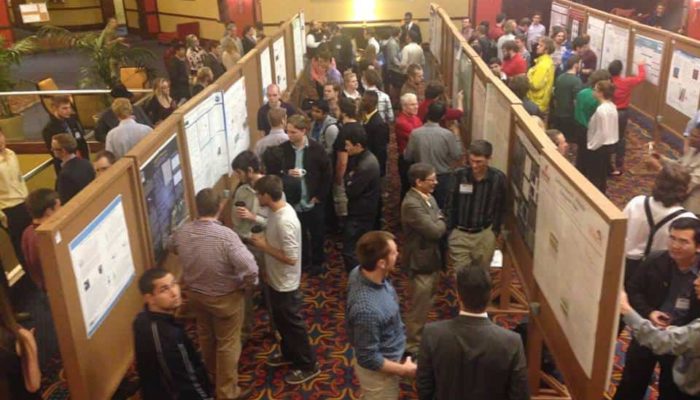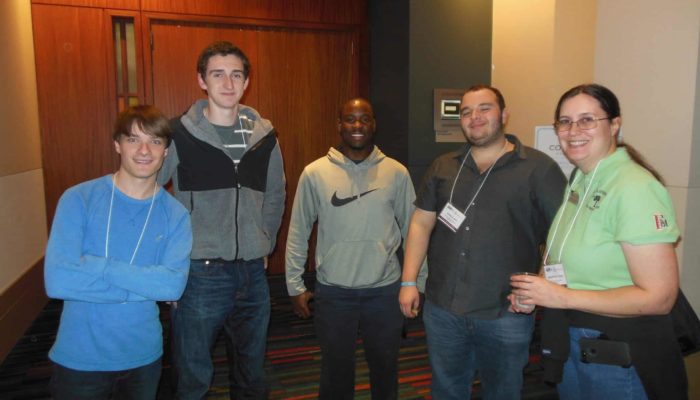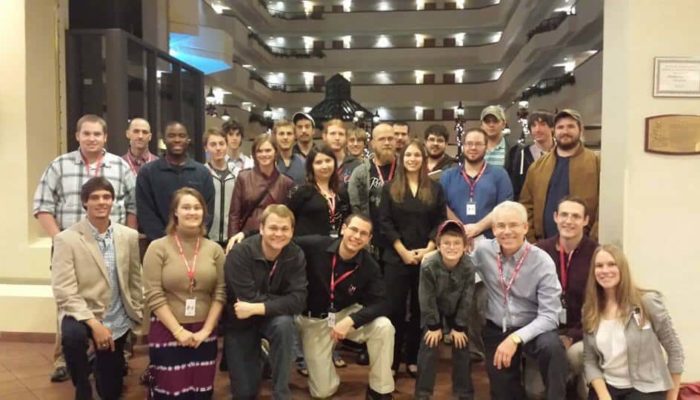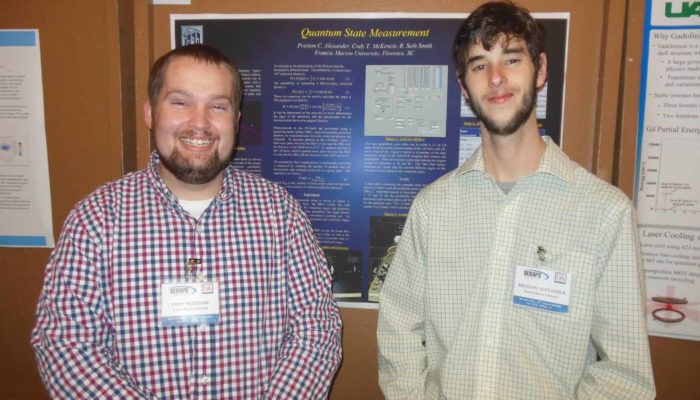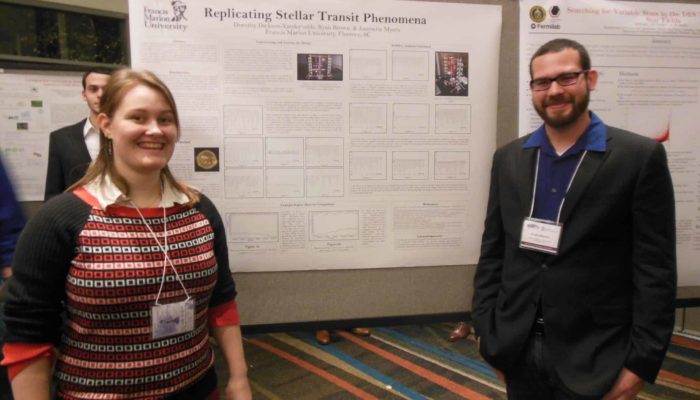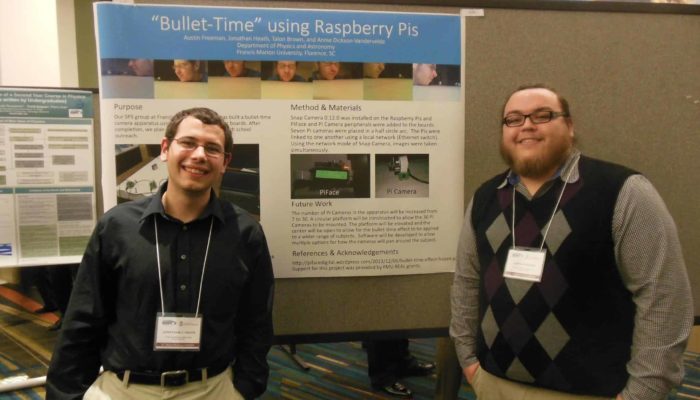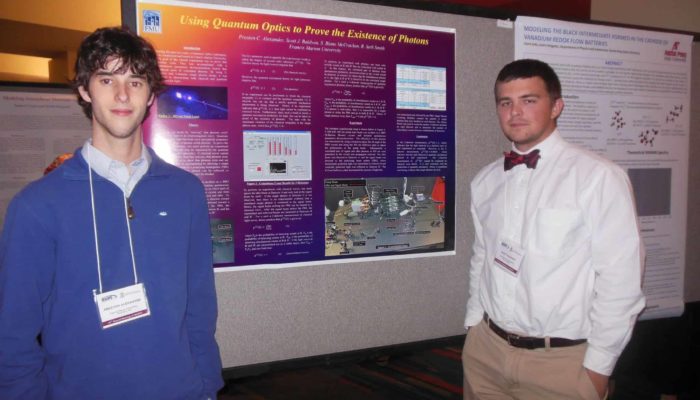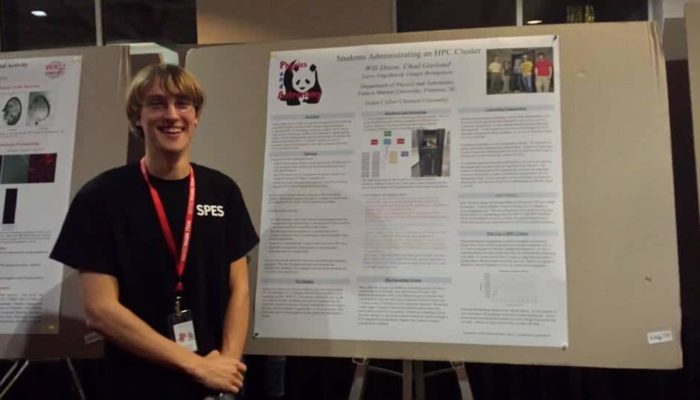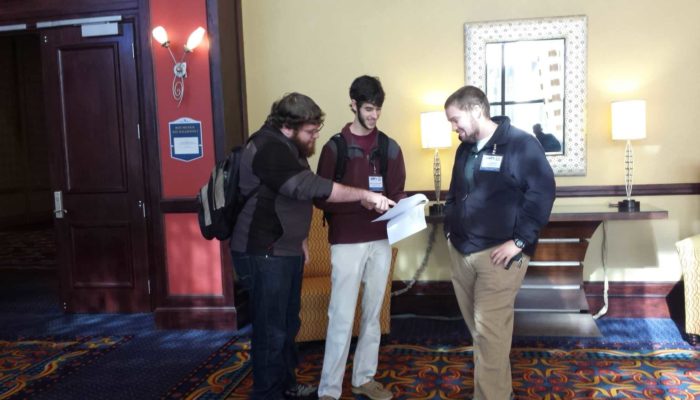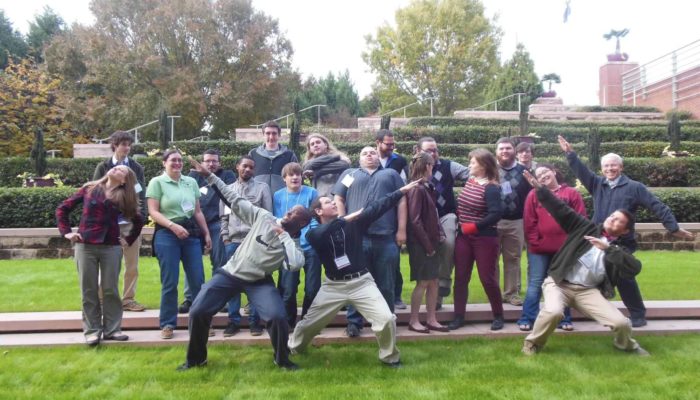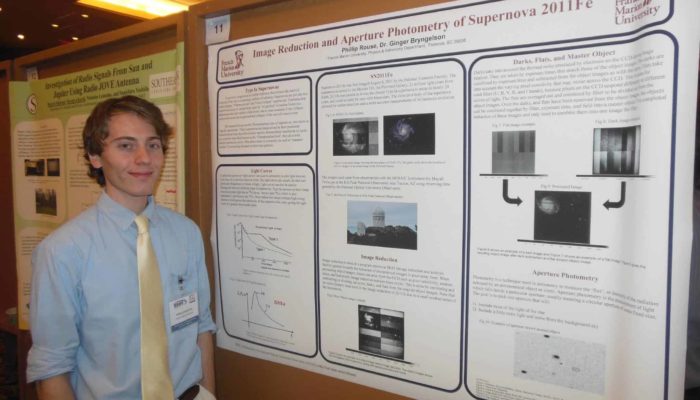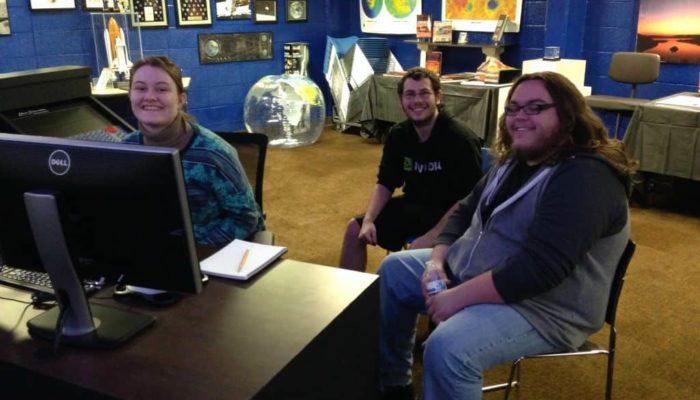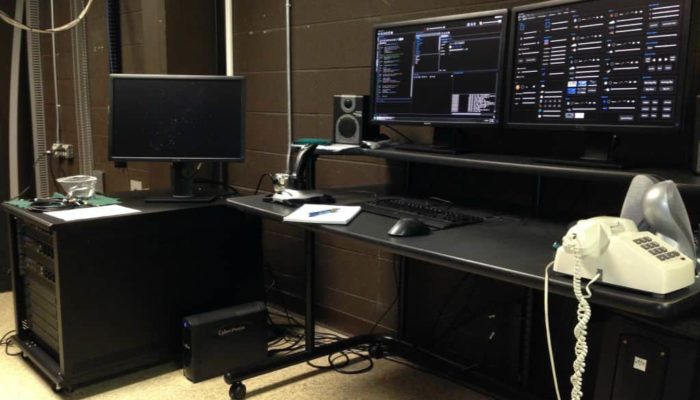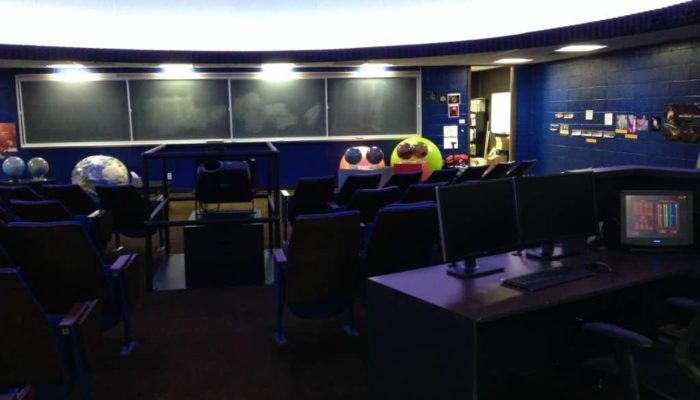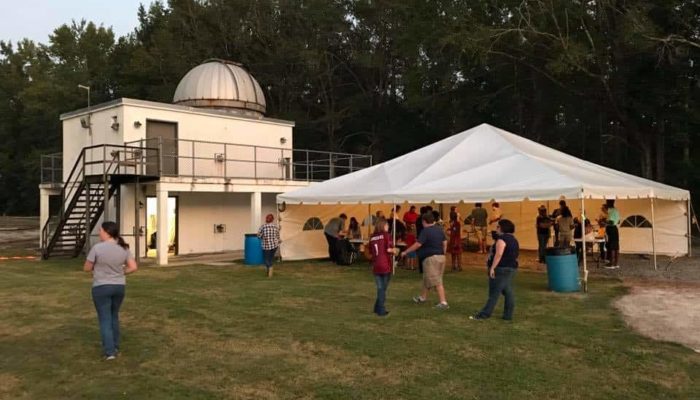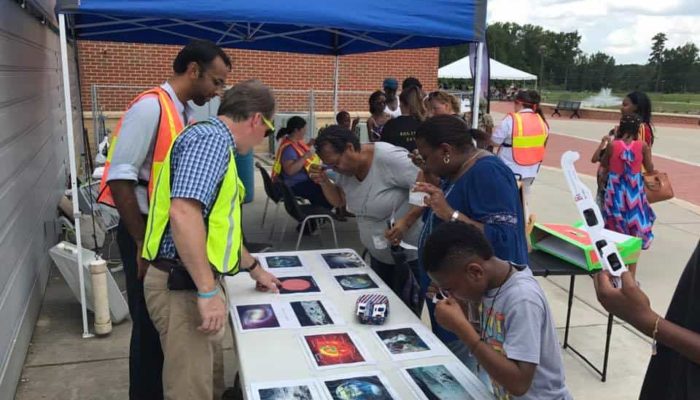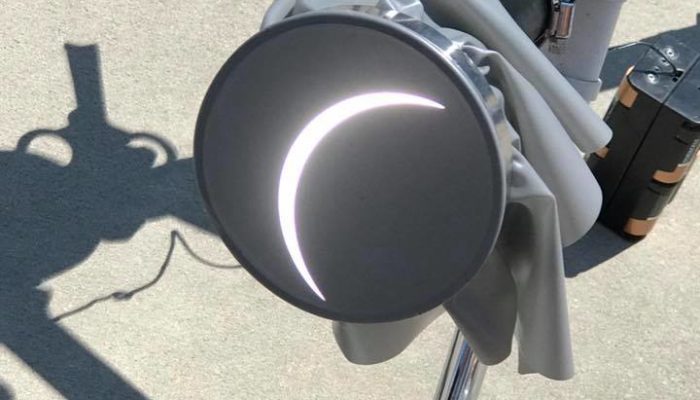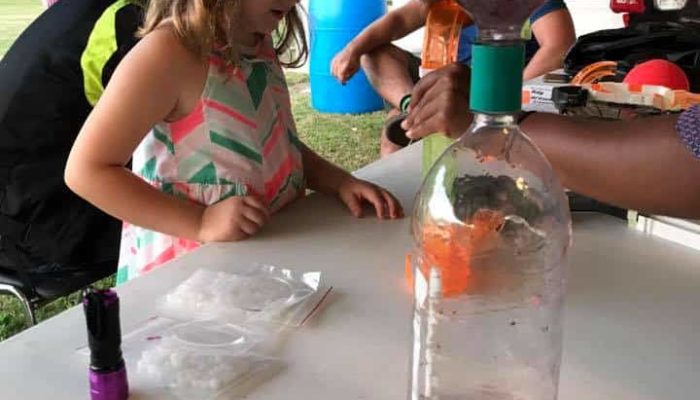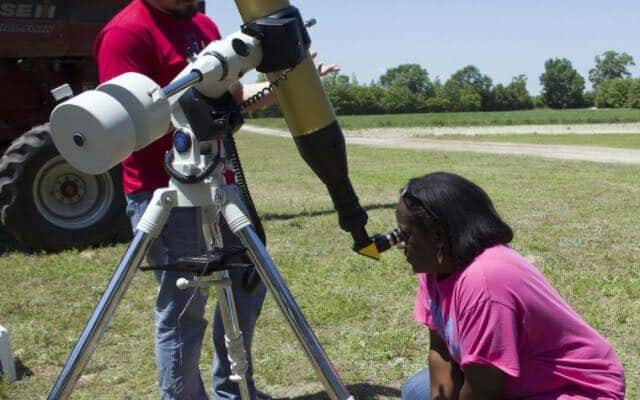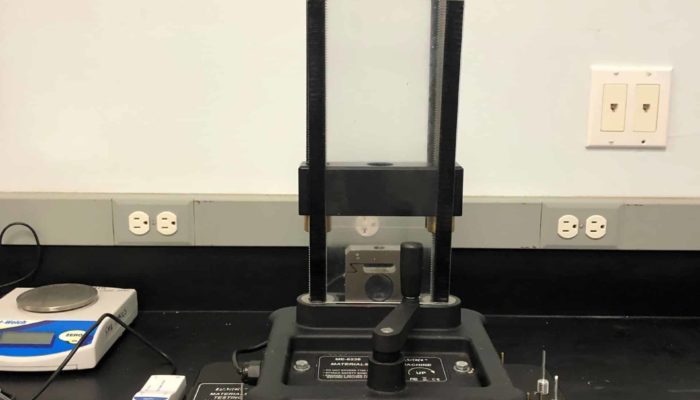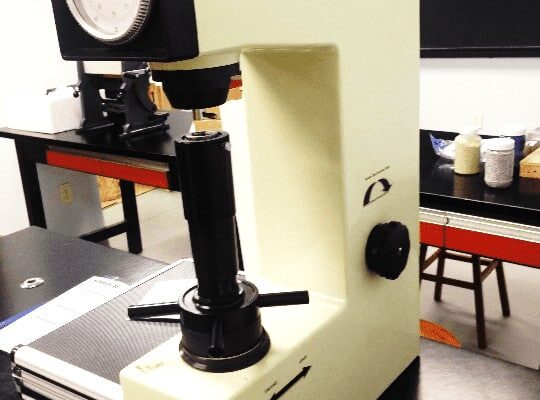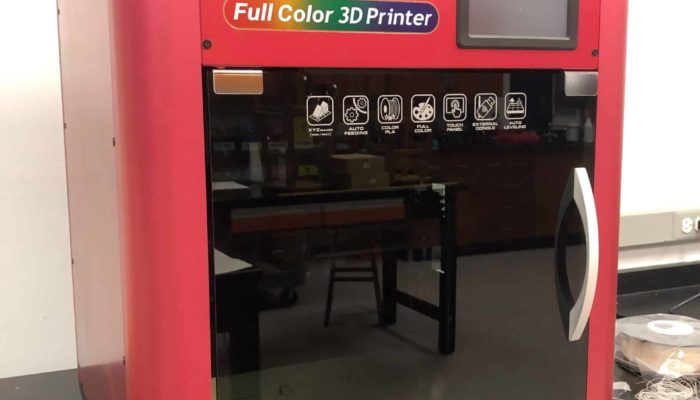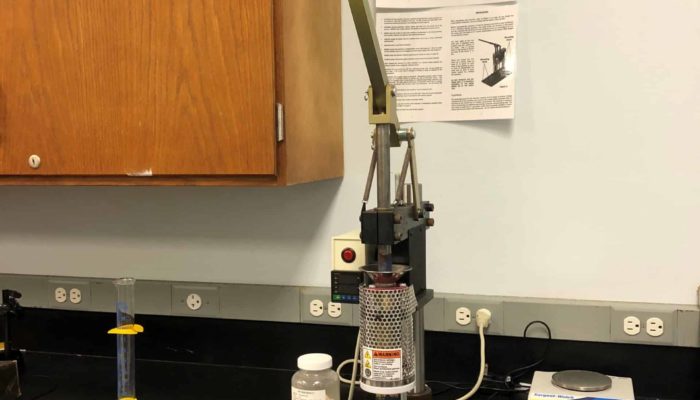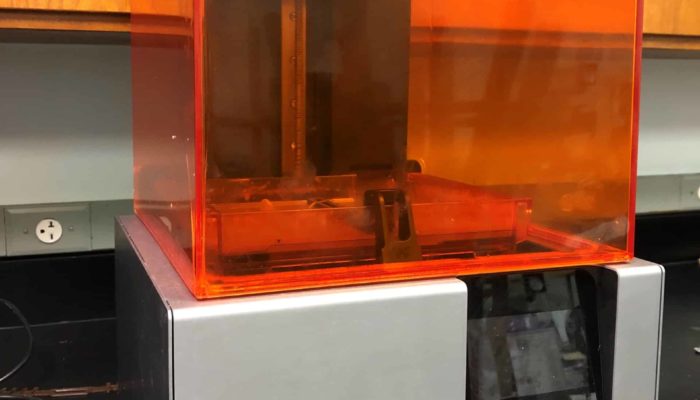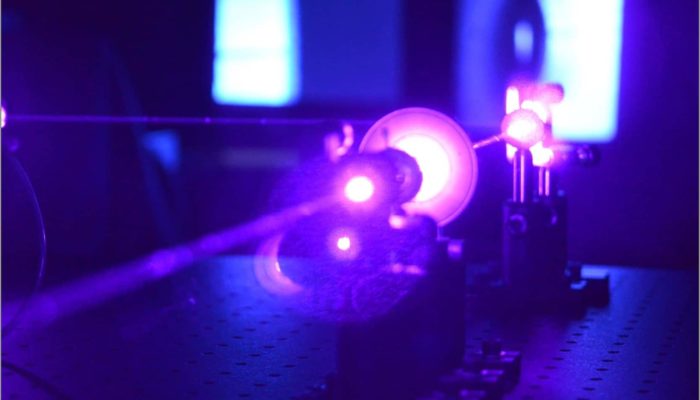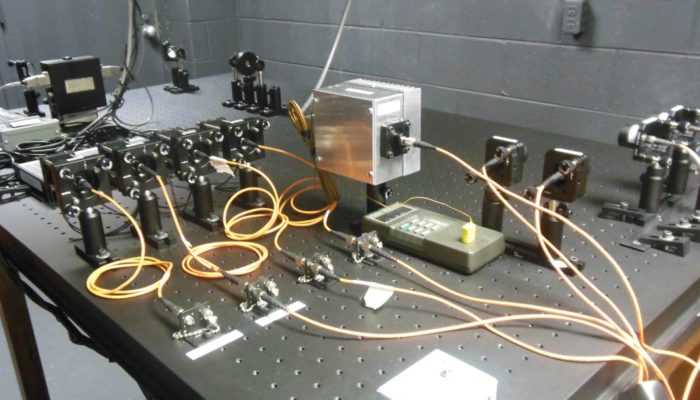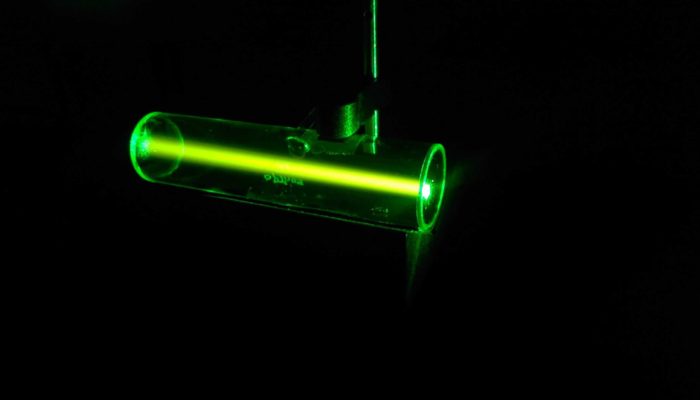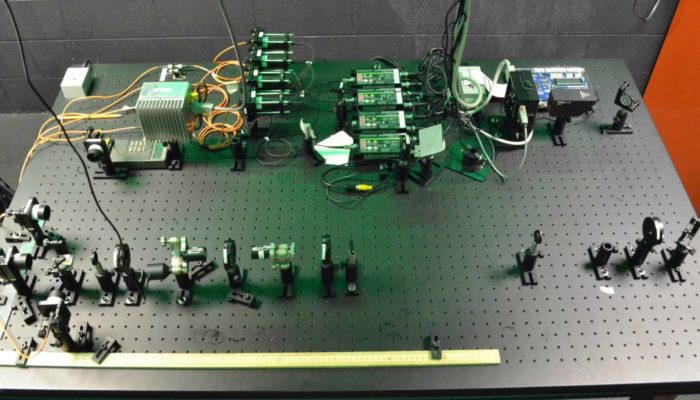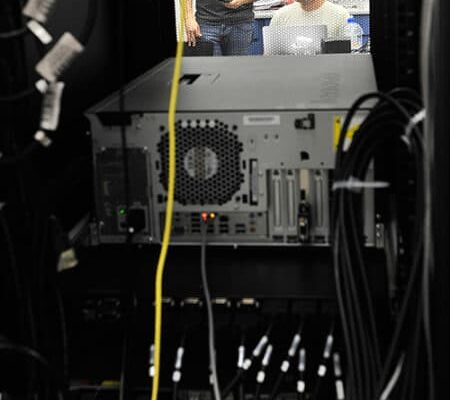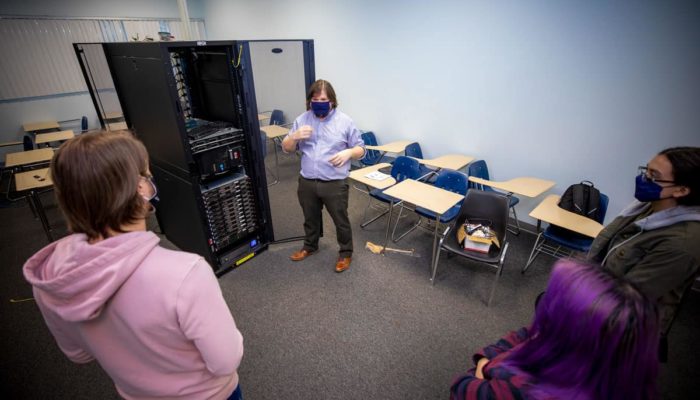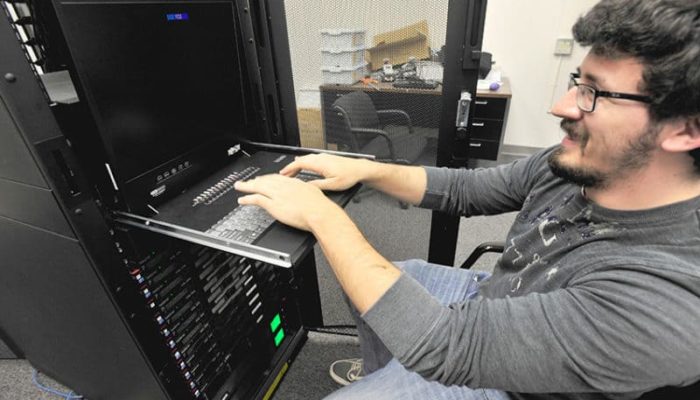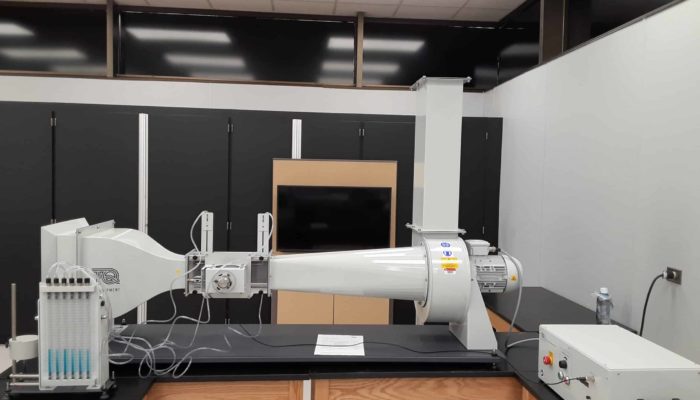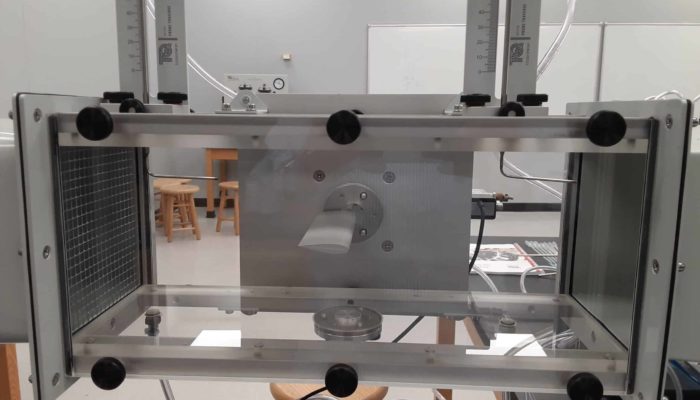Physics & Engineering Facilities
Within the Department of Physics and Engineering, students have the opportunity to get hands-on experience using several equipment. These experiences are gained through coursework and through research work.
The following facilities are available and used by faculty and students:
David M. Peterson Nuclear Laboratory
The lab is a critical piece of FMU’s highly respected health physics programs, which turns out more radiation protection specialists than any facility in the southeast. It affords undergraduate students the opportunities for hands-on research and experimentation in their field.
The lab opened in early 2000s but underwent a significant re-design and refurbishment in 2007-08, thanks to a generous grant from Duke Energy.
Dooley Planetarium
The Dooley Planetarium is one of only five planetariums in the state and the only one in the northeast region of South Carolina. The planetarium held its first showing on Jan. 29, 1978, and since then it has welcomed thousands of visitors through its doors. The facility is also used for regular FMU astronomy classes.
The planetarium was renovated in 2014 and 2016, introducing new seating, flooring, a new sound system and a fully digital star projector. The new system allows presenters to customize programs, choose from hundreds of programming options that include enhanced presentational experiences, and even to change a program mid-show when questions arise.
Technology has changed and improved, but a constant at the planetarium has been the drive of its personnel to provide the region with a meaningful experience that expands public knowledge of the mysteries of the universe.
Engineering Makerspace
The FMU Engineering Makerspace provides FMU students and faculty with a new resource to allow you to tap into your creativity outside of the classroom.
The Makerspace is integrated into classroom work as an essential part of senior engineering design courses.
Students will be able to use the Makerspace throughout their careers to create objects using contemporary design and manufacturing equipment. Projects can be tackled individually or collaboratively in groups.
The Makerspace provides an important tool in maintaining the pertinence of engineering within the Pee Dee region.
Materials and Manufacturing Laboratory
This room is in the Leatherman Science Facility and houses resources which allow students to learn the practical aspects of several concepts related to manufacturing, materials engineering, and metrology.
The equipment available includes:
- Dial Gauges
- FDM 3D Printer
- Injection Molding Machine
- Micrometers
- Rockwell Hardness Testing Machine
- SLA 3D Printer
- Tensile Testing Machine
- Vernier Calipers
- Vacuum Forming Machine
Laser Laboratory
The Francis Marion University Laser Laboratory is a facility that is devoted to optical investigations of atomic and molecular structures and the development of advanced undergraduate physics experiments.
Equipment includes a Nd:YAG laser, a Grazing-Incidence Dye laser, a Diode laser, and a Helium Neon laser.
Observatory
Built in 1982, this two-story, pre-cast concrete structure has a 12-foot rotating dome. Permanently mounted in the dome is a 14-inch reflecting telescope.
A variety of other telescopes are also housed at the Observatory. The first floor houses a small classroom-orientation area with a large screen TV for viewing images from an electronic eyepiece. Located on the second-floor observatory deck are six mounts for 8-inch reflecting telescopes.
Free public viewing sessions are held periodically to examine the planets, stars, and special astronomical events such as comets and eclipses.
Patriot Cluster Supercomputer
The Physics and Engineering department’s HPC system lives in the Leatherman Science Facility in room L107.
After receiving an account on the machine, students can learn how to navigate a Linux environment, how to use HPC resources, and how to use and develop parallel computer programs that run on many CPUs. Contact Dr. Hunter Sims for details.
The Patriot Cluster is equipped with
- About 3 TB of storage (with more on the way)
- 184 processor cores spread over 13 server nodes
- 576 GB of RAM (5 nodes with 64 GB and 8 with 32 GB)
- An NVIDIA Tesla K20 GPU with 2496 GPU cores and 5 GB of GDDR5 RAM
- A variety of math, science, and other academic software
Thermodynamics & Fluids Laboratory
This room is located in the McNair Science Building and houses equipment required for engineering students to acquire an understanding of the fundamental principles of Fluid Mechanics and Laws of Thermodynamics.
The equipment available for use includes the following:
- Subsonic Wind Tunnel
- Bench mounted apparatus to test Boyle’s Law
- Digital Hydraulic Bench
- TecQuipment Rotating Fatigue machine
